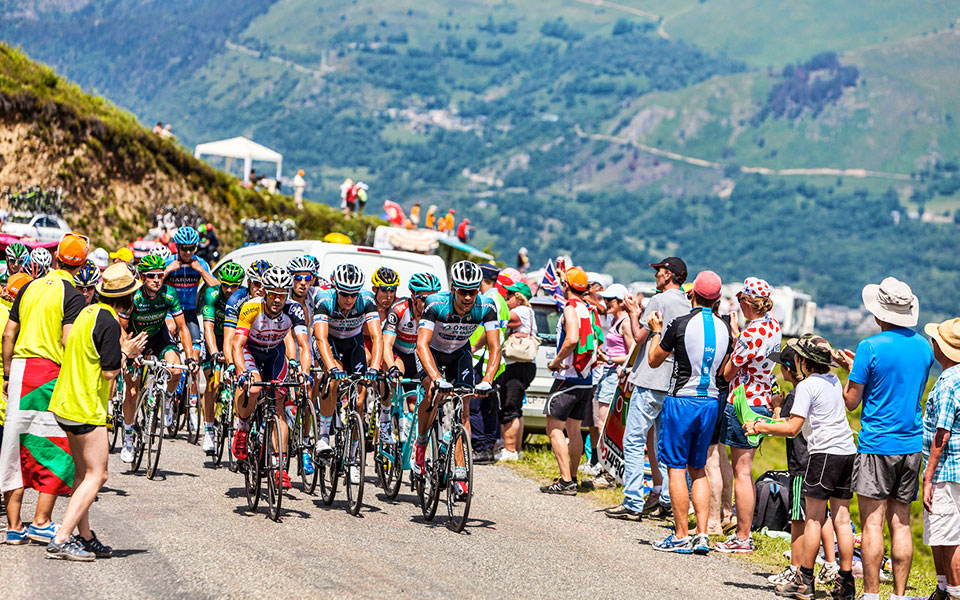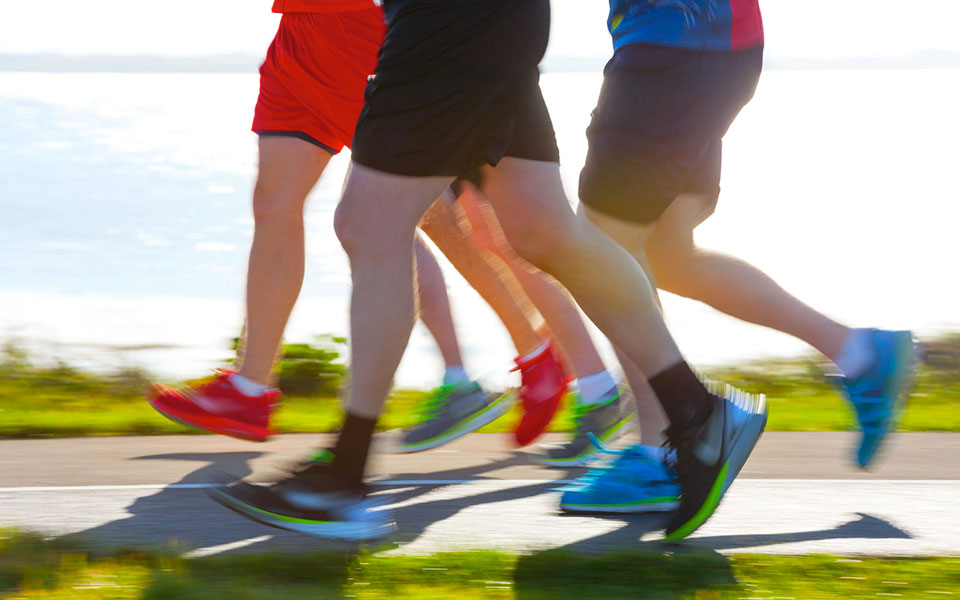This story was related to me by a running friend in the United States. After learning the tragic events surrounding the death of her cherished running partner and dear friend, I was inspired to write this article on her behalf.
An internationally-acclaimed marathon runner from the United States tragically lost his life to a hit-and-run drunk driving accident. Michael was returning home from the grocery store at 10:00 a.m. when he was killed instantly. His death is a devastating loss to his family, the community and his large circle of running friends. At the young age of 58, Michael was actively training and looking forward to competing in the upcoming 2015 Boston Marathon, scheduled for 20 April 2015. His life ended six-weeks before leaving for Boston.
Overcoming Cancer through Running
For many in the Oregon running community, Michael was an inspiration, not only for his dedication to the sport, but also for his volunteer work with terminally-ill cancer patients. Michael was diagnosed with stage 4 kidney cancer at the age of 48, during the height of his running career. He had just completed the New York Marathon and was feeling sluggish and tired. He complained of low back pain, which he attributed to the rigorous training before the marathon. As a dedicated marathon runner, Michael placed in the top-20 in his age bracket. After being diagnosed with cancer, he underwent surgery, followed by chemotherapy and radiation treatments. Despite the adverse effects of the cancer treatments, he continued his daily training routine, often running close to 10 kilometres per day. He attributed his recovery to his dedication to running. Despite warnings from his doctors to “take it easy for awhile”, Michael participated in the Boston Marathon the following year, again placing at the top in his age bracket.
Transition from Cycling to Running
Before becoming a dedicated and enthusiastic runner, Michael began his athletic career as an amateur cyclist. His passion for cycling led him to enter world-class cycling events including races across the United States, Velodrome racing and cycling races in Europe. In 1986, at the age of 28, Michael qualified to enter the world-famous “Tour de France”. Unfortunately, he was eliminated during the third round of qualifying races. After being disqualified, Michael shared one of his favourite quotes from Henry Ford with friends:
“Failure is simply the opportunity to begin again, this time more intelligently.”
Michael eventually tired of cycling and became enthralled with competitive marathon running. He began training, running at least five kilometres a day and was eventually able to run 14km on a consistent weekly basis. He placed third in the Portland, Oregon marathon, his first event. He then entered marathons across the United States, eventually progressing to the big leagues, running the New York and Boston marathons on a yearly basis.

A Well-Rounded Life
Michael’s life was never boring. Aside from running and earning money for travel to and from events, he worked as a chemical engineer. Michael was also an amateur writer and photographer. Some of his humour pieces were published in national publications. One of the interesting titbits of Michael’s life was when he was approached by a national photographer during one of his many marathons. Michael reluctantly participated in a couple of photo shoots and was eventually featured as a model for some major men’s clothing designers.
After Michael’s recovery from cancer, he devoted the majority of time not spent running volunteering and mentoring runners of all ages. He and a group of his runner friends helped local charities, many of which were related to cancer research funding, or organising and promoting running events on the West Coast. In addition to organising running events, Michael was chosen as a guest speaker at several events honouring runners who had overcome cancer.
Remembering a Running Friend
Michael’s running friends remember his compassion, dedication, kindness and incredible sense of humour. He was always the brightest light in any room. Travelling with Michael was an absolute delight. His friends recall a recent trip to France. A group of runners decided to embark on several of the top running trails in the south of France. After renting a car to tour the Dordogne region, the group found an inexpensive hostel for five days. Early each morning while everyone was still sleeping, Michael would mysteriously disappear for close to three hours. When the rest of the group was finally having early morning coffee, he would return from a three-hour run.
One of the fondest memories of Michael was his determination to attempt to run one of the ultra trails in Chamonix, Mont-Blanc, France. The trail was approximately 180 km in length, with incredibly difficult ascents and descents. While his running friends waited in one of the resort lodges in Chamonix, Michael made it down from the trail in excellent spirits, ready to start his next running adventure.
Michael was an inspiration to many and will be missed by his friends, especially those in the running community who knew him best. Plans are currently underway to have his first running shoes, now torn and tattered, bronzed and used on his memorial. Michael’s family is planning to establish a charitable foundation in his name to help fund running programs in local communities and to continue to raise money through running events for cancer-related charities. Michael was loved and will be missed by all who had the pleasure of knowing him.

Cherish and Honour Running Friends
It is so important to cherish your running friends. A tight-knit group of running friends is like an extended family. Runners have a certain bond wherein personal experiences, challenges, defeats, trials and tribulations can be shared. Advice can be sought without fear of judgement. It is refreshing to be able to call your best running friends to seek advice or discuss personal issues. It is only with trusted running friends that dreams and aspirations can be shared on an intimate basis.
Sometimes it takes the unexpected death of a cherished running friend to cause those left behind to realise the value of life. There are many small ways in which runners can extend kindness and support to comrades. A simple hug, a pat on the back or a handshake can be all it takes to express acknowledgement for a successful event. Supportive words of encouragement can help a runner who may not have placed as he or she had hoped. Emotional support is one of the many bonds shared by runners of all levels. Entering events as a group, planning running vacations, or simply going on weekend hikes can strengthen the unbreakable bonds and friendship shared among runners.
If you have suffered the loss of a running companion or dear friend, sharing your story can be an important step in the grieving and healing process. As with any death, it is most difficult for those left behind. Keeping journals of your running experiences can help keep precious memories alive. An excellent way to help friends grieve after the death of a running friend is to plan an intimate dinner or gathering so everyone can feel comfortable sharing stories and fond memories of a fallen friend.
*Some names and identifying details have been changed to protect the privacy of individuals.




